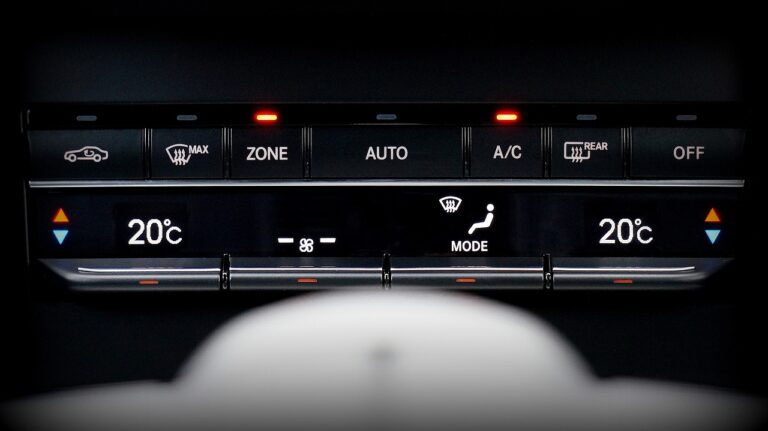An Overview of Automotive Sustainability Certifications and Labels: 11xplaylogin, King567 sign up, Skyinplay
11xplaylogin, king567 sign up, skyinplay: Automotive sustainability certifications and labels play a crucial role in helping consumers make informed decisions about the environmental impact of the vehicles they choose to drive. With the growing concerns over climate change and environmental conservation, more and more drivers are looking for ways to reduce their carbon footprint and support sustainable practices in the automotive industry. In this article, we’ll take a closer look at some of the most prominent certifications and labels in the world of automotive sustainability.
1. LEED Certification: LEED, or Leadership in Energy and Environmental Design, is a widely recognized green building certification program. While not specifically designed for vehicles, some automotive manufacturers have received LEED certification for their manufacturing plants, which indicates a commitment to sustainability in all aspects of their operations.
2. EPA SmartWay: The EPA SmartWay program aims to reduce transportation-related emissions by promoting fuel-efficient vehicles and sustainable transportation practices. Vehicles that meet SmartWay criteria are recognized for their environmental performance and efficiency.
3. CarbonNeutral Certification: This certification verifies that a company or product has achieved carbon neutrality by offsetting its greenhouse gas emissions through investments in renewable energy projects or carbon capture technologies. Some automotive manufacturers have obtained CarbonNeutral certification for their vehicles or manufacturing processes.
4. Green Car of the Year: Awarded annually by the Green Car Journal, the Green Car of the Year award recognizes vehicles that showcase significant environmental advancements in the automotive industry. Winners are chosen based on factors such as fuel efficiency, emissions, and overall environmental impact.
5. Energy Star: While primarily known for certifying energy-efficient appliances and electronics, the Energy Star program also includes energy-efficient vehicles. Vehicles with the Energy Star label are recognized for their superior fuel economy and reduced greenhouse gas emissions.
6. Zero Emission Vehicle (ZEV) Certification: ZEV certification is awarded to vehicles that produce zero tailpipe emissions, such as electric vehicles and hydrogen fuel cell vehicles. These vehicles play a critical role in reducing air pollution and combating climate change.
These certifications and labels provide consumers with valuable information about the environmental impact of the vehicles they choose to drive. By supporting automakers that prioritize sustainability, consumers can play a significant role in promoting eco-friendly practices in the automotive industry.
FAQs
Q: Are electric vehicles the only sustainable option?
A: While electric vehicles are a popular choice for sustainability-conscious consumers, other options, such as hydrogen fuel cell vehicles and hybrid vehicles, also offer environmental benefits.
Q: How can I verify if a vehicle has obtained sustainability certifications?
A: Look for certification logos on the vehicle’s marketing materials or visit the certifying organization’s website for a list of certified vehicles.
Q: Do sustainable vehicles cost more than traditional vehicles?
A: While some sustainable vehicles may have a higher upfront cost, they can often save money in the long run through lower fuel costs and reduced maintenance expenses.







